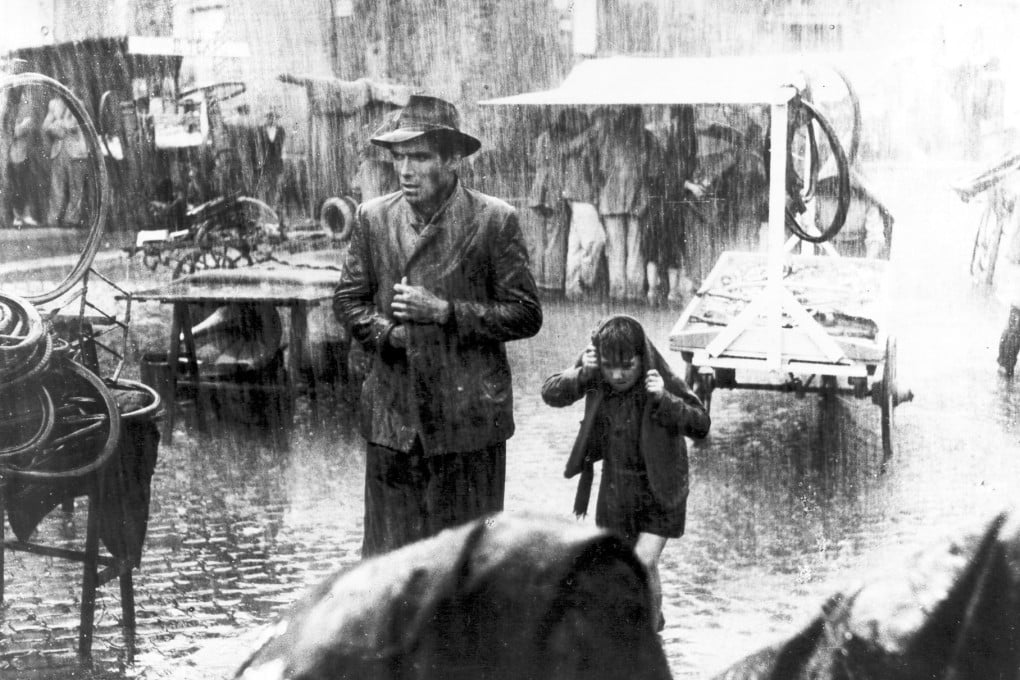Art house: Bicycle Thieves holds a mirror up to post-war Italy
Andrew Sun

Keeping it real is not what it used to be. Today's reality TV, from proud ignorance in Jersey Shore to smug narcissism in Keeping Up with the Kardashians, has little that is real or authentic.
But in post-war Italy, the influential neorealism movement chronicled the ordinary, often downtrodden underclass with social, if not political, sympathy. Countering the lavish frivolity (and fascism) of Mussolini-era films, its directors documented the dire plight of Italians immediately after the second world war.
Vittorio De Sica's Bicycle Thieves (1948) tells the simple story of an unemployed man and his son trying to find a lost bicycle. Arguably the seminal neorealist work, it still ranks among the best films ever made in many critics' polls - and its influence on future filmmakers is evident in works from French New Wavers and Iranian masters to the social criticism of Jia Zhangke's films.
Set in Rome's outskirts - and thus barren of its famous landmarks - it is a bleak but magnificent looking film, courtesy of Carlo Montuori's glorious black and white cinematography. Early in the film, a group of workers are shown peddling out to a sun-lit morning full of potential. But for glum Antonio (Lamberto Maggiorani), this would be his day's only bright spot.
After his wife pawns the family's entire supply of linen in order for him to buy back a bicycle he previously hocked, he is able to work posting ads across the city. But while he's gluing a Rita Hayworth movie poster to a wall, a young man rides off on his two-wheeler. Antonio is rightly horrified, not because it's his bicycle disappearing off into the distance, but at the prospect of losing a job that feeds his wife and two children.
His desperation becomes palpable as he and his young son Bruno (Enzo Staiola) start searching for the stolen vehicle.
What's fascinating are the situations and people Antonio and Bruno come across. There's pride in the oppressed as they struggle to eke out a living. Even the thief has a sympathetic side that speaks to - no pun intended - the cycle of poverty.